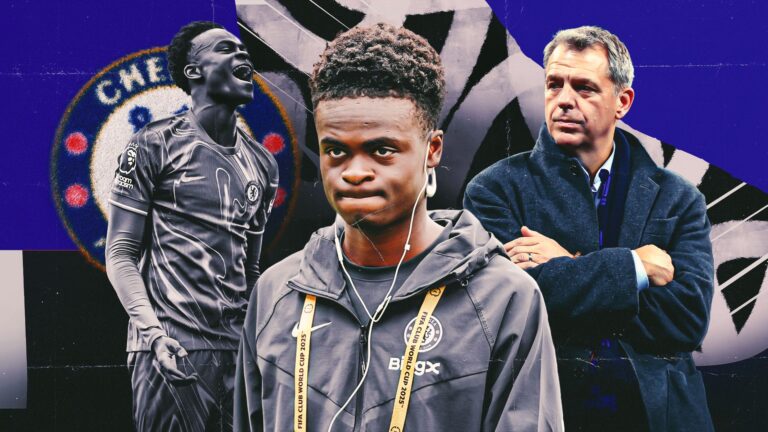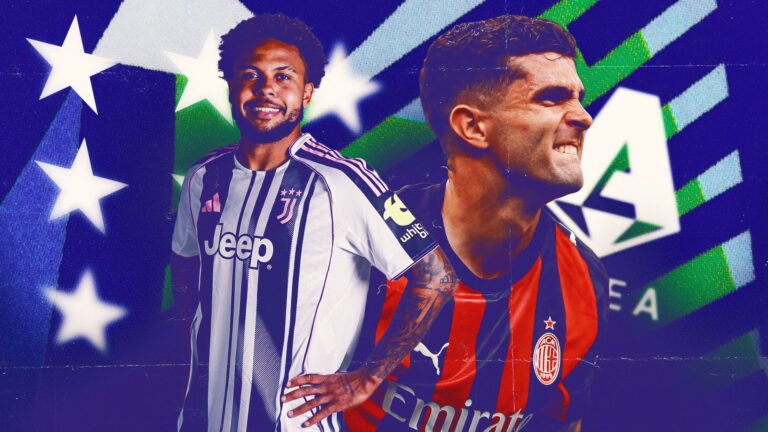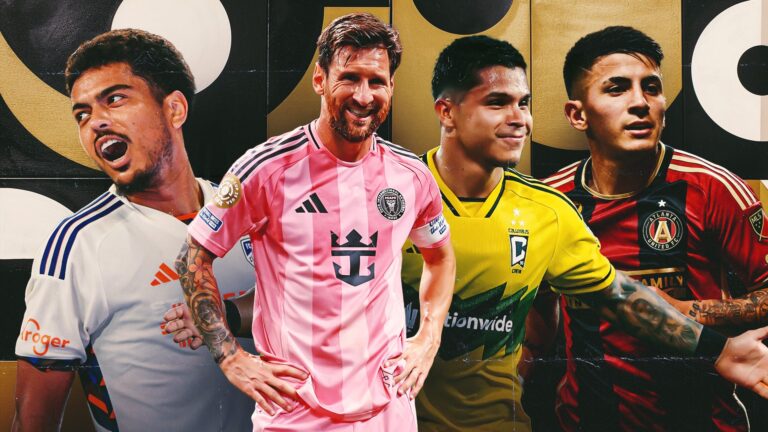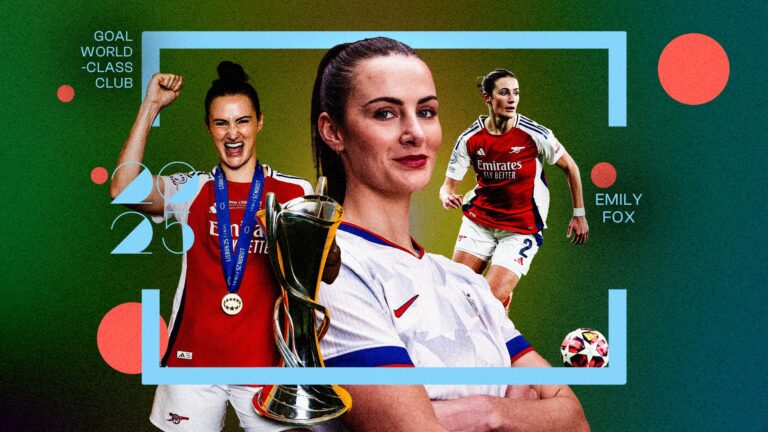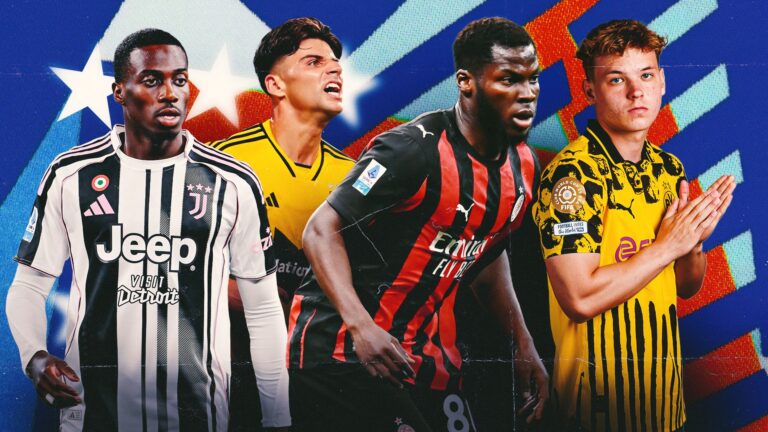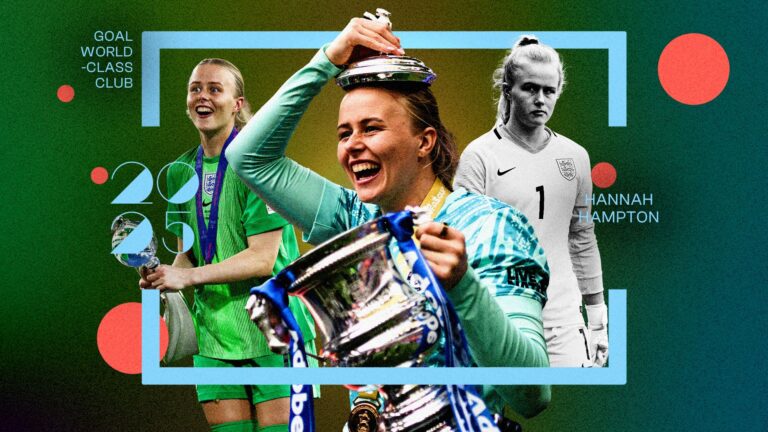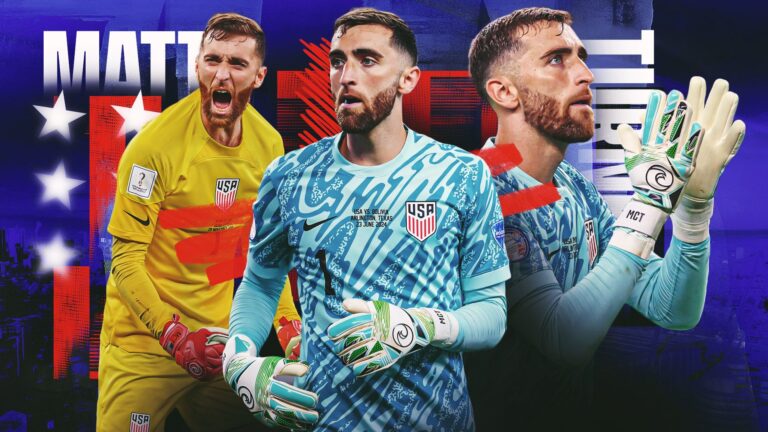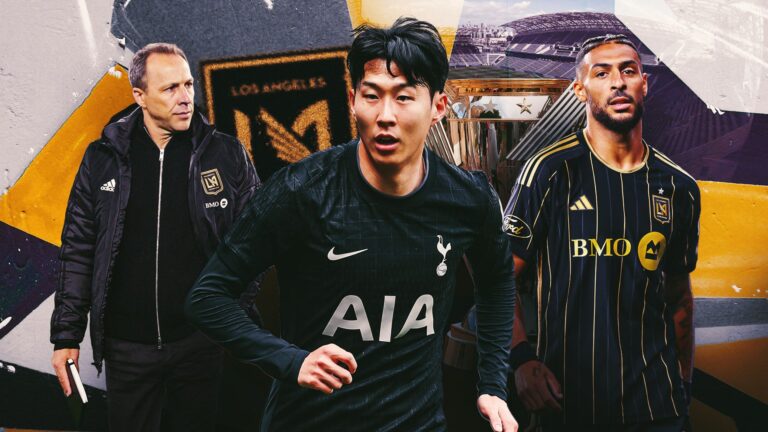Football General Manager
"At INEOS, we run a lean organisation," said Sir Jim Ratcliffe in March. "As my mother said, you look after the pennies, the pounds look after themselves."
The Manchester United co-owner was trying to use relatable terms to justifying his swingeing cuts to the club he had taken over the previous year. Ratcliffe was effectively likening the reductions he had made to buying home label items from the supermarket over luxury brands.
Over the summer, however, United have not exactly been looking after the pennies. In June, they signed Matheus Cunha for £62.5 million ($83m), and in July they added Bryan Mbeumo for an initial £65m ($86.5m), which could rise to £71m ($94.5m). And they are not done yet; United are hoping to add Benjamin Sesko to their squad, a deal which will cost at least £69m ($92m) if they are able to beat Newcastle to the Slovenian’s signature, taking their total net spend to £205m on three attackers.
I confirm that I would like to see external content. Personal identifiable data could be transferred to Third parties. Read more about it in our privacy policy.
Club captain Bruno Fernandes, meanwhile, wants them to sign even more players, describing his team’s overall attitude as "lazy" and claiming there must be more competition for places. Given United ended last season 15th in the Premier League, it is easy to see why Fernandes wants a more competitive squad, but how exactly can Ratcliffe plead poverty and justify his brutal costs with one hand while throwing cash around with the other?







“At INEOS, we run a lean organisation,” said Sir Jim Ratcliffe in March. “As my mother said, you look after the pennies, the pounds look after themselves.”
The Manchester United co-owner was trying to use relatable terms to justifying his swingeing cuts to the club he had taken over the previous year. Ratcliffe was effectively likening the reductions he had made to buying home label items from the supermarket over luxury brands.u0026nbsp;
Over the summer, however, United have not exactly been looking after the pennies. In June, they signed Matheus Cunha for £62.5 million ($83m), and in July they added Bryan Mbeumo for an initial £65m ($86.5m), which could rise to £71m ($94.5m). And they are not done yet; United are hoping to add Benjamin Sesko to their squad, a deal which will cost at least £69m ($92m) if they are able tou0026nbsp;beat Newcastle to the Slovenian’s signature, taking their total net spend to £205m on three attackers.u0026nbsp;
Club captain Bruno Fernandes, meanwhile, wants them to sign even more players, describing his team’s overall attitude as “lazy” and claiming there must be more competition for places. Given United ended last season 15th in the Premier League, it is easy to see why Fernandes wants a more competitive squad, but how exactly can Ratcliffe plead poverty and justify his brutal costs with one hand while throwing cash around with the other?
Although United have only bought two players, they are ranked fifth in the Premier League for total transfer expenditure this summer, behind only last season’s top-four finishers: Liverpool, Chelsea, Arsenal and Manchester City. But they are ranked third, behind Arsenal and Liverpool, when it comes to net spend, the amount of money spent on new players minus the amount brought in on sales.
While Liverpool brought in £115m ($153m) of revenue by selling Luis Diaz, Jarell Quansah, Caoimhín Kelleher and Trent Alexander-Arnold, among others, and Chelsea have banked £131m ($174m) by moving on the likes of Noni Madueke and Joao Felix, United have not sold any players despite effectively admitting that they were ready to get rid of Marcus Rashford, Alejandro Garnacho, Tyrell Malacia, Antony and Jadon Sancho.u0026nbsp;
Rashford is the only player to have left, joining Barcelona on loan for no fee, although there is an option for the Blaugrana to buy him permanently for £26m ($34.5m) next summer if the move goes well.
Rashford’s departure, however, has still helped United finance their transfer activity. Barca committed to paying all the England international’s wages, saving United around £17m ($22.5m).
United have also been aided by sell-on fees included in the terms of departure for three players who left long ago. The club negotiated a 15-20 percent sell-on clause when they sold Anthony Elanga to Nottingham Forest for £14m in 2023, and that has paid off handsomely after the Swedish winger’s £55m ($73m) move to Newcastle, which earned United between £6m and £8m.u0026nbsp;
The club inserted a similar clause in the deal which saw Alvaro Carreras join Benfica for €6m in 2024, and so while United might have felt a pang of regret at letting Carreras leave for so little when they learned Real Madrid were about to sign him for €50m (£43.5m/$58m), the sell-on clause did at least soften the blow, pocketing them around €9m.u0026nbsp;
United also received a windfall of €2.4m for Maxi Oyedele joining Strasbourg from Legia Warsaw after negotiating a 40% sell-on clause when he left for Poland last summer. So without doing any business themselves, United have earned up to £18m ($24m) to commit to this summer’s transfer activity.u0026nbsp;
Saving Rashford’s salary, combined with the sell-on clauses, has effectively paid for Mbeumo and Cunha. That is because United have paid for both players in instalments, spreading the costs of payments over several years. The practice of amortisation is widespread among Premier League clubs and something United have been doing for many years.u0026nbsp;
Ratcliffe complained about it in his round of interviews in March, explaining: “This summer we will ‘buy’ Antony, Sancho, Casemiro, [Lisandro] Martínez, [Rasmus] Hojlund and [Andre] Onana, and they’re all about 17 million quid each. Because that’s what is outstanding. If we buy nobody else, we’re buying those players.”u0026nbsp;
But despite the co-owner’s complaints, United have continued to spread the payment of their latest transfers this summer, and that has allowed them to do deals that many would not think possible due to their financial position. United are paying Cunha’s £62.5m fee in three instalments after Wolves rejected their request to do so in five. That means that they only needed to come up with £20.8m this summer, with the last payment due by the summer of 2027.u0026nbsp;
United are paying for the initial £65m for Mbeumo in four instalments, meaning they only had to stump up £16.25m initially. So two players that cost a total of £130m were gettable for just £37m up front. And rather than take on more debt or having to sell a big name to afford them, they have been able to pay for them by loaning out Rashford – who Amorim had refused to pick since last December – and thanks to contract negotiations for academy graduates made years before.
United also have more wiggle room in the market due to making salary savings from the January loans of Rashford, Antony and Malacia, and for Sancho spending last season on loan at Chelsea. The club also point to the reduction of ‘wider club costs’, referring to the cutbacks Ratcliffe has overseen. That is why they can afford to battle Newcastle for Sesko and why they could even make the extra signings Fernandes has called for.u0026nbsp;
To get those deals done, however, they may have to dip into the rolling credit facility they have used previously to finance transfers. United made a £50m ($66.5m) payment earlier this year which means they can borrow up to £140m ($186m) more from the facility. The downside of the credit facility is that it adds to their already significant debt pile, which stands at £713.2m ($949m) and which is subject to a variable interest rate.u0026nbsp;
The bulk of the debt pre-dates Ratcliffe’s arrival and stems from the Glazer’s leveraged buyout in 2005, when the American family controversially plunged the Red Devils into debt as they paid only a small portion of the £790m to purchase the club with their own money.
United’s transfer activity does not mean, however, that the cutbacks Ratcliffe has made have rescued the club like he might want you to believe. The most alarming aspects of Ratcliffe’s round of interviews in March were when he revealed that, without his drastic cost-cutting measures, United would have run out of money by December 2025.u0026nbsp;
He explained to the BBC: “Manchester United would have run out of cash by the end of this year – by the end of 2025 – after having me put $300m (£232.7m) in, and if we buy no new players in the summer. We are in the process of change and it’s an uncomfortable period and disruptive and I do feel sympathy with the fans. The simple answer is the club runs out of money at Christmas if we don’t do those things.”u0026nbsp;
Ratcliffe used even tougher language when speaking to The Times and The Telegraph saying “It (United) goes bust at Christmas.” His statements, however, do not quite add up. While United did increase their cash flow from £80m ($106.5m) in September 2023 – before the INEOS chief bought his stake – to £150m ($99.5m) in September 2024, the club’s last financial statement in June showed that cash flow had dropped by £22.5m from the previous quarter.u0026nbsp;
The financial statement accounted for the first 250 job losses but not the next 200, which were officially announced in May. While the financial benefits of the second round of redundancies will not be seen until the next set of results in September, it is fair to say that they will not be able to fund a significant amount of the deals for Cunha, Mbeumo and potentially Sesko. The club said it saved between £8m and £10m on the first round of redundancies, less than a sixth of the cost to buy Cunha.
Ultimately, United have continued to be able to spend at a similar pace to the Premier League’s top clubs because, despite their numerous problems on and off the pitch, they remain the biggest club in England, if not the world. They are still effectively a money-printing machine.
According to a 2025 report released by UEFA on European club finance, United have the highest operating profit on the continent, tallied at £121m ($161m). Operating profit is defined as the money made from the club’s day-to-day operations such as ticket sales, merchandise, sponsorship and broadcast income, minus running costs. Forbes recently ranked United as the second-most valuable club in Europe, only trailing Real Madrid.
Despite their inconsistent performances in the decade since Sir Alex Ferguson left, United are still a huge draw for sponsors. Their front-of-shirt sponsorship with Qualcomm, worth $225m over three years, is the joint-most lucrative deal in Europe, according to Finance Football along with Barcelona’s deal with Spotify and Real Madrid’s with Emirates.u0026nbsp;
They have the second-biggest kit deal in the Premier League, only losing that status this summer following Manchester City’s latest partnership with Puma. They have the biggest stadium in England, and the third-biggest club stadium in Europe.
United have undoubtedly been reckless in the transfer market and on salaries, spending Champions League money when only qualifying for Europe’s top competition every other year. Ratcliffe, however, has not changed the club’s attitude to transfer activity. His cuts at the club are ideologically driven rather than a financial necessity, and the people who have suffered the most are not the ones to blame for the financial predicament they have found themselves in.
What Ratcliffe has really done, contrary to his mother’s advice, is to take care of the pennies but take the pounds to the casino. He has given another roll of the dice and gone all-in on Mbeumo, Cunha and now Sesko. But if the gamble does not pay off, someone else is bound to pick up the bill.


